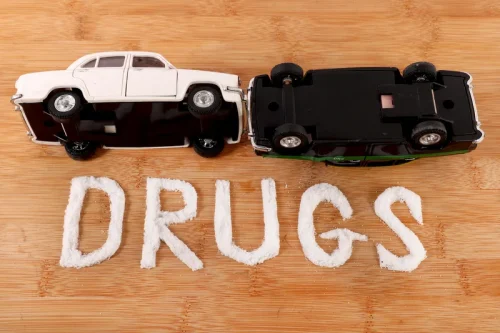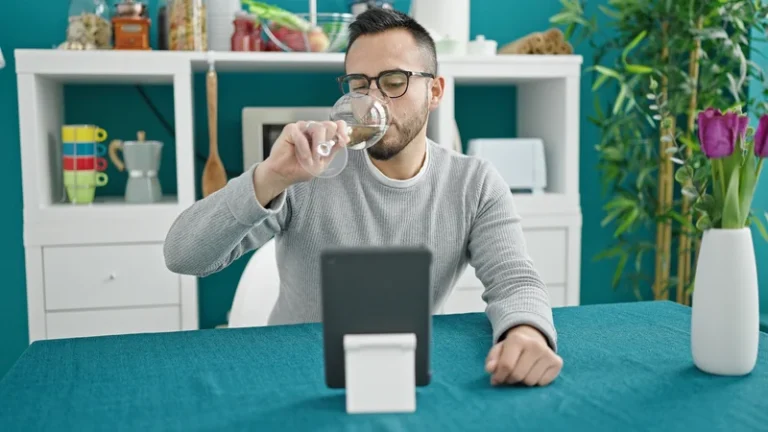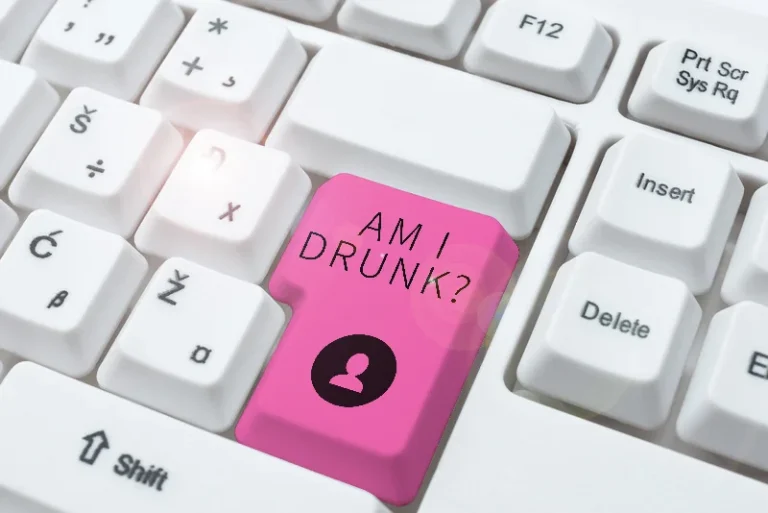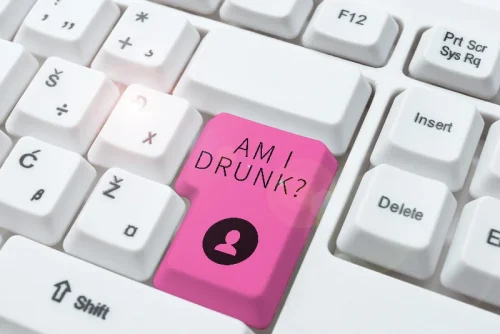Consequences of Alcohol Use in Diabetics

Those findings suggest that alcohol consumption, particularly moderate consumption, may have a protective effect against cardiovascular disease. Abnormalities in the levels and metabolism of lipids are extremely common in people with either type 1 or type 2 diabetes and may contribute to those patients’ risk of developing cardiovascular disease (Durrington 1995). Alcohol consumption can exacerbate the diabetes-related lipid abnormalities, because numerous studies have shown that heavy drinking can alter lipid levels even in nondiabetics. Heavy alcohol consumption (i.e., 200 grams of pure alcohol, or approximately 16 standard drinks, per day) diabetes and alcohol blackouts can cause ketoacidosis in both diabetics and nondiabetics (Wrenn et al. 1991). People who consume those high amounts of alcohol typically have been drinking and not eating for days and/or have vomited or developed other illnesses from drinking.
Is it ok for people with diabetes to drink alcohol?

In all five patients, the alcohol-induced hypoglycemia induced neurological changes, such as incontinence, inability to follow simple commands, perseveration,4 disorientation, and impairment of recent memory. In three patients, those changes did not reverse, even after months or years. The two other patients died as a result of complications indirectly related to their hypoglycemia-induced neurological changes. Therefore, to avoid alcohol-related hypoglycemia and its consequences, diabetics should consume alcohol only with or shortly after meals.

Effects of Alcohol on Diabetes
Hypertriglyceridemia is an important risk factor for cardiovascular diseases. Moreover, elevated triglyceride levels can cause severe inflammation of the pancreas (i.e., pancreatitis). Heavy drinking (i.e., more than 140 grams of pure alcohol, or approximately 12 standard drinks, per day) can cause alcohol-induced hypertriglyceridemia in both diabetics and nondiabetics (Chait et al. 1972). In fact, from a practical standpoint, heavy drinking should be considered as a possible contributing factor in all patients with hypertriglyceridemia. Abstinence from alcohol generally leads to normalization of the triglyceride levels, unless the person https://ecosoberhouse.com/ has an underlying genetic predisposition for hypertriglyceridemia.

Types of Blackouts
These gaps happen when a person drinks enough alcohol to temporarily block the transfer of memories from short-term to long-term storage—known as memory consolidation—in a brain area called the hippocampus. Drinking can also increase the risks of a range of other diabetes-related health conditions, including serious cardiovascular and neurological issues. Neuropathy, in addition to other factors (e.g., vascular disease in the penis or altered hormone levels), also may contribute to impotence, which is a common and troublesome complication in diabetic men. Several mechanisms may contribute to alcohol-induced increases in triglyceride levels. First, alcohol likely stimulates the generation of VLDL particles in the liver, which are rich in triglycerides.
- For this reason, carbohydrate-rich drinks are not really an effective way to prevent hypoglycemia.
- Excessive drinking and alcohol use can become dangerous quickly for diabetics.
- Drinking alcohol can lower blood sugar levels to the point of low blood sugar (hypoglycemia), causing serious symptoms.
- Conversely, long-term alcohol ingestion in diabetics who are not adequately nourished can lead to dangerously low blood sugar levels.
- However, what may be lesser known to nondiabetics is alcohol’s effects on insulin production, blood sugar or glucose levels, and its negative interaction with some diabetes medications.
- Thus, hyperinsulinemia refers to higher than normal insulin levels in the blood, whereas hypoglycemia refers to lower than normal glucose levels in the blood.
- Maybe their doctors cautioned them that drinking and diabetes don’t mix.
Diabetic Ketoacidosis
Understanding how alcohol use affects diabetes can help you decide how it fits into your life. Drinking heavy amounts amphetamine addiction treatment of alcohol on a regular or daily basis is a primary sign of alcohol use. This can lead to dependence and addiction, which can cause a person to become unable to function normally without alcohol in their system.

He is a leading pediatric endocrinologist and prominent thought leader in artificial pancreas research. Dr. Pinsker joined Tandem from Sansum Diabetes Research Institute in Santa Barbara, California, where he served as the Director of Artificial Pancreas Technology since 2018. In his role at Sansum, he was a lead investigator in numerous clinical trials on automated insulin delivery systems, including Basal-IQ technology and Control-IQ technology. Prior to this, he was Chief of Pediatric Endocrinology at Tripler Army Medical Center in Hawaii.
